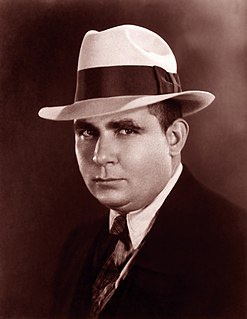A Quote by Mahatma Gandhi
A man who has broken with his past feels a different man. He will not feel it a shame to confess his past wrongs, for the simple reason that these wrongs do not touch him at all.
Related Quotes
Wrongs are often forgiven, but contempt never is. Our pride remembers it forever. It implies a discovery of weakness, which we are more careful to conceal than a crime. Many a man will confess his crimes to a friend; but I never knew a man that would tell his silly weaknesses to his most intimate one.
As nations we should also commit afresh to righting past wrongs. In Australia we began this recently with the first Australians - the oldest continuing culture in human history. On behalf of the Australian Parliament, this year I offered an apology to indigenous Australians for the wrongs they had suffered in the past.
He was . . . a strange blending of Puritan and Cavalier, with a touch of the ancient philosopher, and more than a touch of the pagan. . . . A hunger in his soul drove him on and on, an urge to right all wrongs, protect all weaker things. . . . Wayward and restless as the wind, he was consistent in only one respect—he was true to his ideals of justice and right. Such was Solomon Kane.
Do what he will, he [the profane man] is an inheritor. He cannot utterly abolish his past, since he himself is a product of his past. He forms himself by a series of denials and refusals, but he continues to be haunted by the realities that he has refused and denied. To acquire a world of his own, he has desacralized the world in which his ancestors lived; but to do so he has been obliged to adopt an earlier type of behavior, and that behavior is still emotionally present in him, in one form or another, ready to be reactualized in his deepest being.
For all its peculiarities and unevenness, the Bible has a simple story. God made man. Man rejected God. God won't give up until he wins him back. God will whisper. He will shout. He will touch and tug. He will take away our burdens; he'll even take away our blessings. If there are a thousand steps between us and him, he will take all but one. But he will leave the final one for us. The choice is ours. Please understand. His goal is not to make you happy. His goal is to make you His. His goal is not to get you what you want; it is to get you what you need.
Why prove to a man he is wrong? Is that going to make him like you? Why not let him save face? He didn't ask for your opinion. He didn't want it. Why argue with him? You can't win an argument, because if you lose, you lose it; and if you win it, you lose it. Why? You will feel fine. But what about him? You have made him feel inferior, you hurt his pride, insult his intelligence, his judgment, and his self-respect, and he'll resent your triumph. That will make him strike back, but it will never make him want to change his mind. A man convinced against his will is of the same opinion still.









































